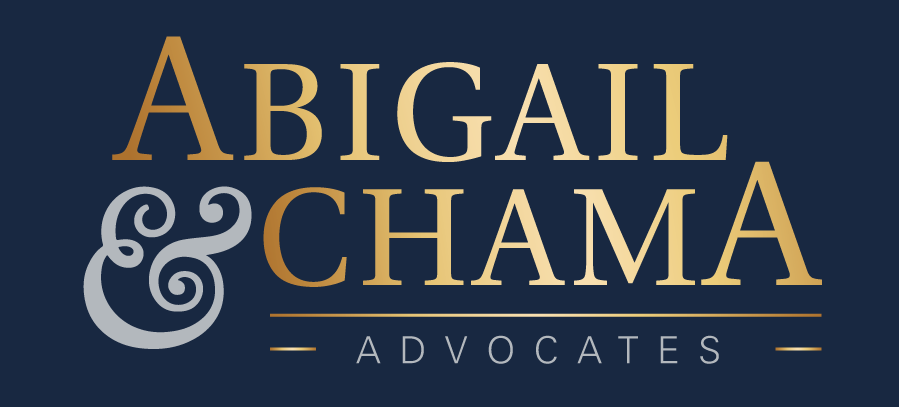Trustees
January 10, 2024
A pension scheme is primarily set up as an irrevocable trust by an employer (sponsor) for the benefit of employees (members). The trust is a separate entity that is managed by a board of trustees. In light of the importance of trustees in the management of a scheme, the Guidelines impact various roles and standards relating to trustees.
The Guidelines recommend that the board of trustees have a broad mix of skills and competencies; the board should include at least one trustee who is a professional qualified in any matter related with finance as may be recognised by a relevant industry body in Zambia. Additionally, the composition of the Board should account for the gender balance, age, and experience of trustees, and the trust deed should set out the procedure for appointment of trustees.
Trustees are required to sign a code of conduct as described in Appendix 5 of the Guidelines. Furthermore, they are required to undertake prescribed training in relation to their role as trustees, where failing may lead to their removal as trustees in the scheme. Lastly, trustees are required to undertake a performance review every year.
In order to avoid service in perpetuity and to refresh board composition, a trustee’s tenure is limited to not more than two three-year terms. In other words, six years of service on a scheme. A trustee is not eligible for an additional appointment as a trustee until after a cooling-off period of three years from the date of the last appointment.
The Guidelines require that grounds for removal of trustees be defined in the trust deed, including terms which generally disqualify officers and employees of service providers from serving as trustees.
